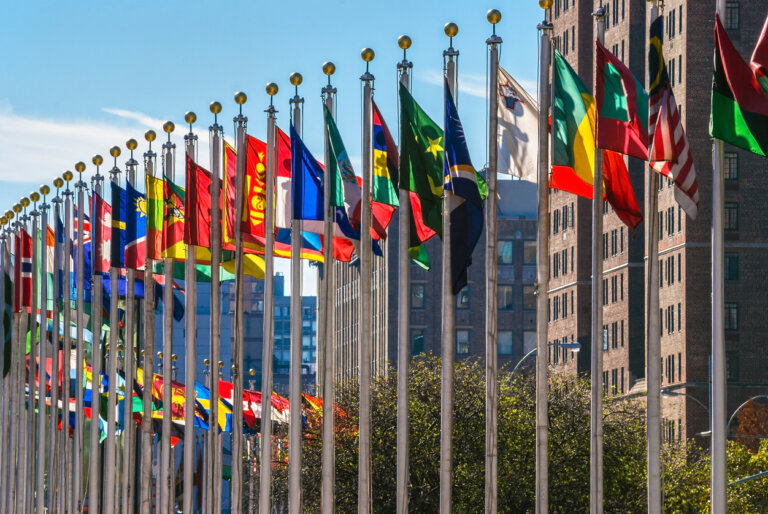International arbitration serves as an effective means of resolving disputes arising from cross-border transactions. By opting for arbitration, parties can benefit from a neutral forum, and enforceable orders. Typically, parties agree to arbitration by including a clause in their commercial agreements or through a submission agreement after a dispute arises.
In the arbitration clause, key components of the arbitration process are determined, such as the arbitration institution, the number and appointment of arbitrators, the seat of arbitration, the language utilized, and occasionally, the governing law. The extent of the arbitrators’ authority is defined by the arbitration clause and the law that presides over the seat of arbitration. The process culminates in a binding final award, enforceable in the majority of courts worldwide, with restricted grounds for appeal or annulment of the award.
International arbitration offers several key advantages:
- Enforceability: With over 170 countries ratifying the New York Convention, international arbitration awards are more easily enforceable than foreign court judgments.
- Neutrality: The neutral forum of international arbitration ensures a fair resolution without giving one party an advantage in a local court.
- Privacy and Confidentiality: Unlike court proceedings, arbitration filings, rulings, and hearings are generally not public, and parties can agree to maintain confidentiality.
- Choice of Arbitrators: Parties can select arbitrators with specific qualifications or expertise relevant to their case.
- Finality: Arbitration awards are generally final and binding, with limited grounds for appeal or setting aside.
- Autonomy: International arbitration allows parties flexibility in determining procedural rules and other aspects of the arbitration process.
Is International Arbitration the Right Fit for Your Company?
While international arbitration offers numerous advantages for resolving cross-border disputes, it’s crucial to assess whether it’s the right fit for your business. Here are some key considerations when determining whether international arbitration is appropriate for your organization:
- Nature of the dispute: International arbitration is particularly suitable for disputes involving cross-border transactions, intellectual property rights, joint ventures, and international investments.
- Enforceability of arbitration awards: Companies with international business partners or assets in foreign jurisdictions should consider the enforceability of arbitration awards under the New York Convention, as compared to the difficulty in enforcing foreign court judgments.
- Protection of sensitive information: Businesses concerned about protecting sensitive information or their reputation may prefer the privacy and confidentiality of international arbitration over public court proceedings.
- Cost and time considerations: While arbitration can be faster and less expensive than litigation, complex cases may still require significant time and financial resources. Companies should weigh the potential benefits against the costs and time involved.
- Chance of appeal: For businesses that prioritize a swift and conclusive resolution, the limited grounds for appeal in international arbitration can be advantageous. However, if the outcome is not favorable, companies that may want to pursue appeals should consider this aspect carefully.
To determine if international arbitration is the right fit for your company, consult with our experienced team at Transnational Matters. Our team can help you assess the benefits and drawbacks of international arbitration in light of your unique circumstances and guide you through the process if it’s the best path for your business.
Contact Transnational Matters Today for an Initial Consultation
In an increasingly globalized world, cross-border disputes are inevitable. To protect your interests and achieve a fair resolution, partner with Transnational Matters. Our experienced team is prepared to guide you through the complexities of international arbitration, ensuring that your rights are protected, and the best possible outcome is achieved. We will help you navigate the world of international arbitration, safeguarding your business and its future. Contact our office today to book a confidential consultation.


